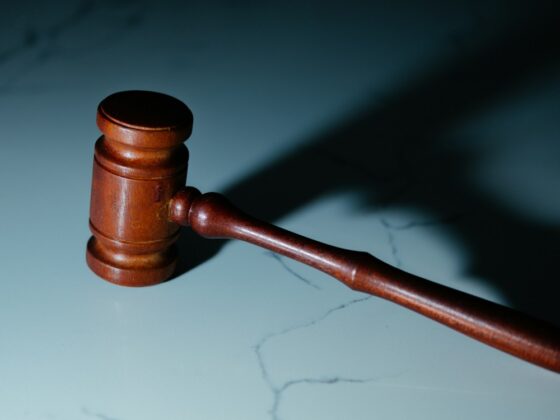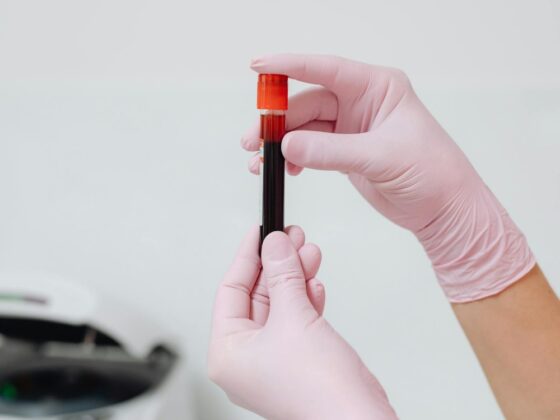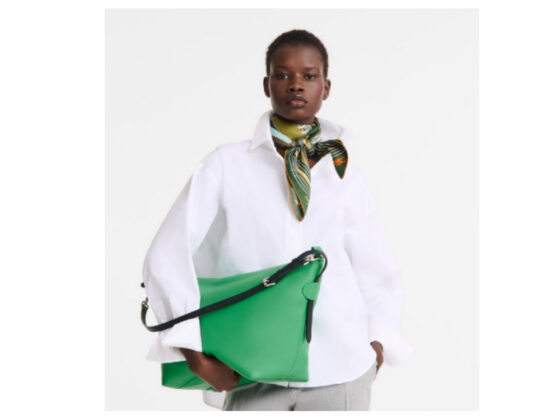Online dating is increasingly common in the digital age, so having this safety advice on hand can be particularly helpful when meeting new people. This post aims to give you advice on how to use online dating safely.
“Catfishes” are individuals who use dating apps but do not actually match the profile. Insist that the other party not use a call filter when you request a video call. Get a good look at their height and face, if at all feasible.
5 Online Dating Safety Tips and Advice for Beginners
1.Online background check
One of the first online dating safety tips is to do a background check. At first, it might sound a little too much, however, better safe than sorry. Here is how to do an online background check
- Obtain at least two of their complete names.
- Do a Google search for the name. Check LinkedIn to see if the individual works in an office.
- Add him or her on a social media platform and check the people they follow, the content they post, their mentions, tags and comments.
- Check their image on Google Lens. Upload the photo and check where the image pops up.
2. Meet in Public
When planning a first date, always meet in public is the number one online dating advice. If you are a private person, you can try outdoor activities in a serene environment like painting, book reading at a library, or a picnic.
3. Tell Someone about your Date
Discuss your date arrangements with a trusted person before you go on a date. Never leave without telling a friend or family member about it. To ensure your safety on the date, you may want to ask them to check in. If you feel uncomfortable and want to leave, come up with a code phrase or an excuse.
4. Never Send Money
When it comes to online dating safety, one piece of advise that is frequently given is to never transfer cash to the person with whom you are speaking. There have been a lot of people who have been victims and lost money.
5. Trust your Gut
Have you ever had the feeling that you are correct about something? That’s an instinct. Gut feelings are like a hunch. Even if you end up being wrong, it is better than regret. You would be surprised how trusting yourself can save you from drama.
When disclosing personal information, exercise caution, particularly if you suspect something is amiss. Your home address, location of employment, and phone number are examples of information that could be misused by the wrong people. When sharing these details, make sure you have the information of the other parties as well, so it’s not a one-way street. A one-way flow can be a red flag that needs to be addressed immediately.
Share your thoughts in the comments.
IMAGE CREDITS: Photo by Gabriel Tovar on Unsplash









